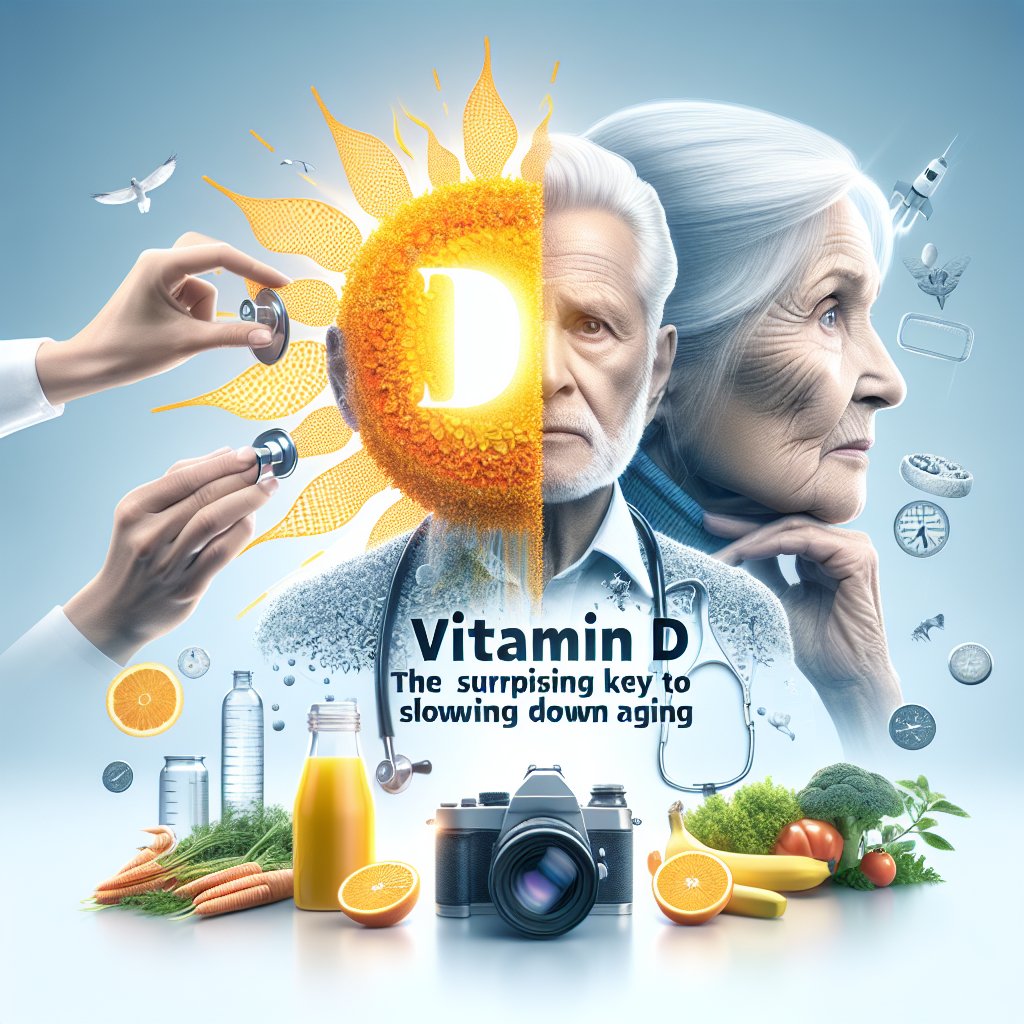The Role of Telomeres in Aging
Telomeres are like the plastic tips on your shoelaces—tiny but crucial. These protective caps on our chromosomes shorten every time a cell divides. Once they get too short, cells stop dividing and die. This process is linked to age-related diseases like cancer and heart disease. Factors such as smoking, chronic stress, and inflammation can speed up the shortening of telomeres, making them a key player in the aging process.
Recent research has thrown a spotlight on vitamin D as a potential hero in the battle against aging. A study conducted at Augusta University found that taking 2,000 IU of vitamin D daily helped preserve telomeres. Participants who took the vitamin maintained their telomeres by 140 base pairs more than those on a placebo. Given that telomeres naturally shorten by about 460 base pairs over a decade, this preservation could be a game-changer.
Beyond Bone Health: Vitamin D’s Wider Impact
Most of us know vitamin D for its role in building strong bones by helping the body absorb calcium. But this ‘sunshine vitamin’ does more than just that. It supports the immune system, reducing the risk of respiratory infections, especially in those who are deficient. Early research suggests it might even help prevent autoimmune diseases like rheumatoid arthritis and multiple sclerosis, though more evidence is needed.
Vitamin D’s anti-inflammatory properties might explain its protective effects on telomeres. Inflammation accelerates telomere damage, so reducing it could help preserve these vital structures. This makes vitamin D more than just a bone-strengthening agent—it’s a potential ally in the fight against aging at the cellular level.
The Study: A Closer Look at the Findings
The Augusta University study followed 1,031 adults, averaging 65 years old, over five years. Participants were given either 2,000 IU of vitamin D daily or a placebo. Their telomere lengths were measured at the start, after two years, and again after four years. The results were promising: those taking vitamin D maintained their telomeres significantly better than the placebo group.
However, experts urge caution. While the findings are exciting, they don’t mean you should rush to stock up on high-dose vitamin D supplements. There’s no universal agreement on the right dosage. The 2,000 IU used in the study is much higher than the recommended daily intake of 600 IU for adults under 70. The optimal dose likely depends on individual factors like current vitamin D levels and diet.
A Balanced Approach to Aging Gracefully
Despite the buzz around vitamin D, the best strategy for healthy aging remains unchanged. A balanced diet, regular exercise, adequate sleep, and stress management are still your best bets. These lifestyle choices naturally support telomere health. For those deficient in vitamin D or at risk of bone issues, supplementation is a practical choice.
As scientists continue to unravel the mysteries of aging at the cellular level, vitamin D may play a crucial role. While it’s not the mythical ‘anti-aging pill,’ it could be a significant piece of the puzzle in maintaining health as we age. So, keep your diet balanced, stay active, and maybe consider a bit more sunshine—your telomeres might just thank you.
Facts Worth Knowing
- •💡 Vitamin D can help preserve telomeres, which are crucial for slowing aging.
- •💡 Telomeres naturally shorten by about 460 base pairs over ten years – source
- •💡 Too long telomeres might increase the risk of certain diseases, suggesting an ideal length is still unknown.



